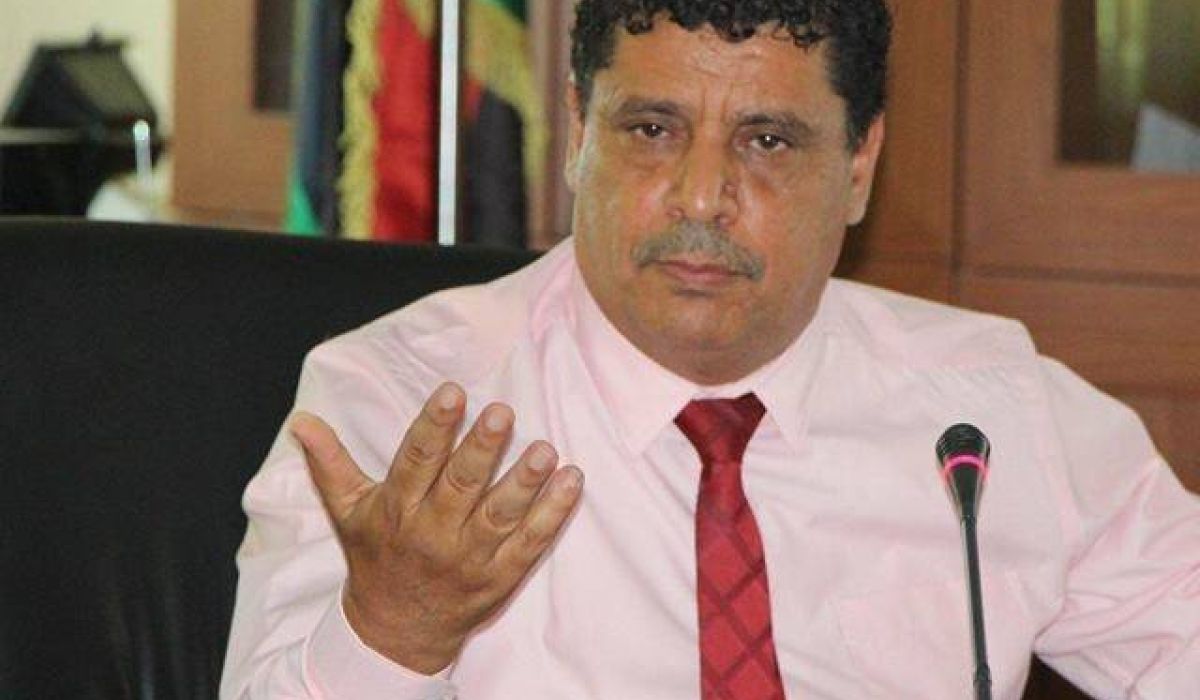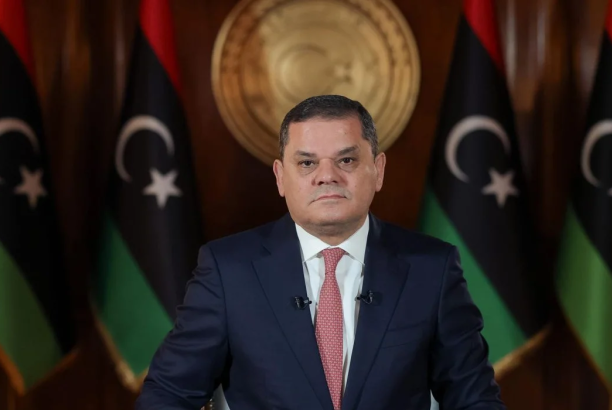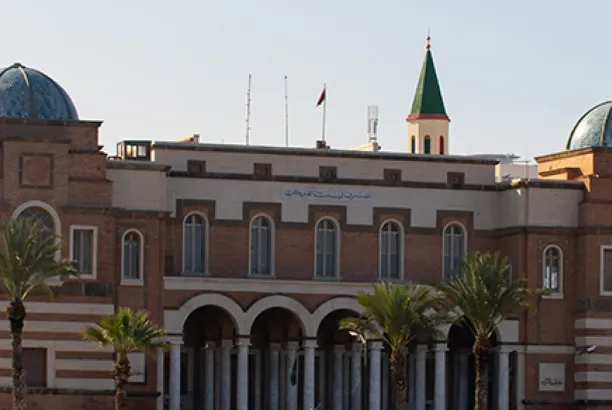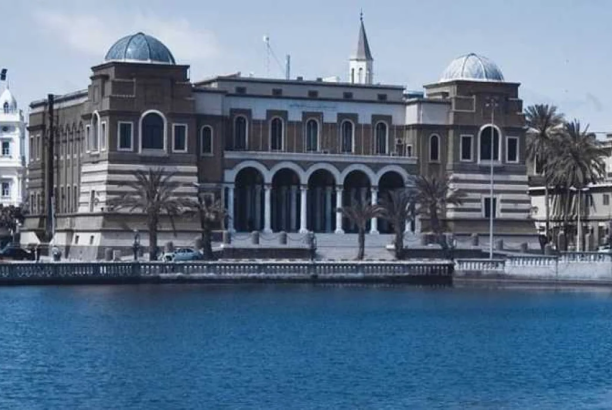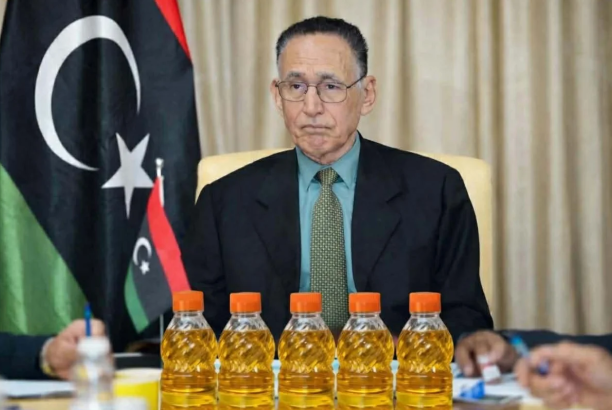The economist Noureddine Hbarat said exclusively to our source that: “the inflation that the country is witnessing during this period, is definitely increasing compared to previous years, and that is due to several reasons, part of which is due to the depreciation of the dinar against the dollar, after the Central Bank decided to reduce the price of the dinar officially at 4.48 dinars to the dollar for all purposes in December 2020, the rise in shipping costs, the rise in global food prices, and the disruption of supply chains due to the Russian-Ukrainian war, as these two countries acquire nearly 40% of the world’s exports of grain and food.
He added: “It is also unfortunate that the Libyan state does not support food at all, as in most countries of the world, especially under such circumstances, after it lifted commodity support in 2015 without paying the cash for support. Today a very large percentage of citizens do not get sufficient quantities of food. The prices of grains such as a loaf of bread, rice, pasta, couscous, oils, tomato paste, dairy and its derivatives, tuna and meat are very high compared to the salaries and incomes of citizens, as well as fruits, which have led today to an increase in demands to raise the value of salaries.”
Hbarat continued by saying: “The import operations of these commodities are not carried out in an orderly manner and take into account the commodities needed by the market and the size of their stocks, due to the absence of the role of the Ministry of Economy in this regard, as well as the monitoring tools of prices by the Ministry and the Municipal Guard are ineffective, and the complete absence of any role for consumer protection associations that could have played a positive role in this regard.”
He said: “It can be said that the situation that Libya is witnessing today is a case of stagflation, because there is a noticeable inactivity in commercial activities due to the decline in sales and purchases, We notice this clearly in the shops of retail activities, and certainly its continuation will lead to a decline in demand and accumulation of goods, and then a decline in revenues and a rise in unemployment rates.”
Regarding the ways to deal with or treat inflation, he said: “It is frankly difficult, especially in light of the current circumstances due to the worsening political scene as a result of the conflict over legitimacy by two governments, in addition to the suspension of oil exports and the delay in adopting the current general budget of 2022 and the issue of its financing, because in the case of a unified government and normal circumstances, and with the oil boom, this government could have supported basic food commodities or granted financial aid to citizens, especially those with low incomes, in order to raise their purchasing power and their savings, which eroded a lot after the blessed month of Ramadan and Eid al-Fitr. Today they are preparing for Eid al-Adha, in addition to the liquidity crisis that increased and the oil exports have stopped, as foreign exchange sales are the only way for the Central Bank to deal with it, and this has led to an increase in the purchase price of the dollar in cheques compared to cash, in addition to the low and middle-income people are the largest consuming forces, their numbers are estimated in the millions, and their tendencies to consume are much greater in terms of quantity than the tendencies of the affluent class, whose numbers are very few compared to those groups.
As for the treatment mechanisms, of course, the central or the government does not have any means to deal with inflation. The interest rate mechanism, as it is known, is disabled under Law No.1 of 2013 regarding the prevention of usurious interests and the failure to adopt an alternative system for it that fulfills the purpose. On the part of the government, the matter is worse, in light of the budget was not approved and oil production and export stopped completely.”
He concluded his statement: “Libya almost escaped from the complex stagflation crisis, similar to the Gulf countries, which the World Bank expects to achieve during this year significant growth rates of about 06%, due to the oil boom and the decline of Corona to a very large extent, but the worse Libyan political scene, the intransigence of the political parties and its economic repercussions prevented this.”


